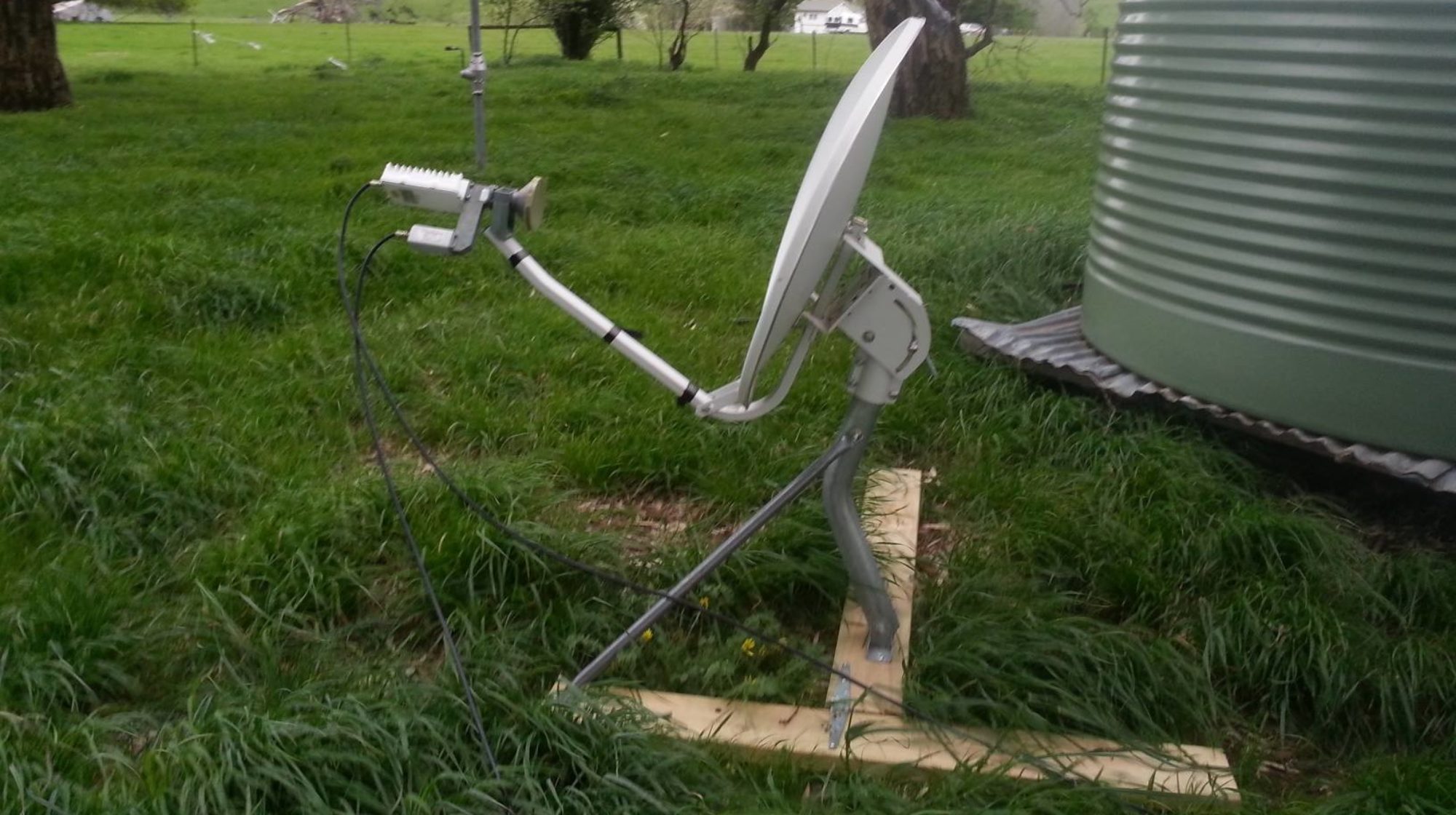Human beings are far more complex than computers.
As social-organisms, making use of our real-world environment alongside other senses; we are very different to the things we’ve made, even though we’re now using them to make us ‘better’.
ICT systems are already ‘smarter’ than us in a number of ways. They’re able to process information in a way that no group of humans could ever achieve in a competitive timeframe.
ICT networks and sensors continue to make attempts to mimic an array of behaviours humans learn, that humans have, yet humans generally develop these skills over long periods of time and computers that do many new things are still new.
Amongst the most rudimentary of core assumptions humans make is that we are able to rely upon our capacity to form a shared comprehension of things we consider to be constituents of our ‘reality’.
ICT is being used to both enhance and augment these capacities.
With sufficient evidence that any forum could be considered to share a level of consensus between those involved, Social Graph enabled ICT systems can be used to target specific groups and influence these outcomes.
The practice of doing so, becomes much easier where there is only one ‘system’; however, the ramifications of ‘data quality’ suffers greatly as a consequence.
The means through which humans are ‘programmed’, is different to the way online systems are developed – to mimic and support the needs and ‘best interests’ of their operators.
This is influenced by the socioeconomic frameworks to which Institutions are bound by law to maintain; critical characteristics, that are different to what it means for all of us to be human.
For example; computers can care less for children, other than as may be computed that they be provided additional stimulus; to warrant more ‘economic attention’.
By decentralising the web, the means to build social-encryption is considered to be amongst the most important underlying pillars required for socioeconomic growth. The consequence of decentralising data-custodianship, access and discovery for federated queries enabling rendered outputs by dynamic agents; is considered, to be able to dramatically improve data-quality.
The concept of ‘social encryption’ is about making use of a multitude of networked, yet independently managed, computer systems in a manner that involves a large number of human beings.
Q: How can we Verifiable the Claim that Tim Berners Lee appear at the 2012 Summer Olympics opening ceremony A: There are tens of thousands of people who were there, tens of millions watching live and now millions of links online, across the web, to improve the means available to verify whether or not this is true. The reality of these facts can only be changed by going through and causing every one of these agents to be made irrelevant, without being noticed for doing so.
The more people involved, who are using different, but linked systems; the more device/targets involved, making some forms of attack more difficult.
A common-property of all participants is time. Our computer systems don’t work very well unless tracking activity in relation to time. By forming the means to produce records that are distributed across a multitude of systems, with a multitude of participants contributing towards a unified informatics environment, it becomes possible to make use of humans to produce ‘social encryption’.
The impact of doing so is to improve the means to address threats otherwise posed by cryptography applied to singular systems, alongside issues posed by AI technologies; and the means to build a self-preserving, robust information management system that is more difficult to technologically attack.
Perhaps the most important consideration is how ICT can be used to protect against economic attacks. The problem is not about whether the data exists or not; more often than not, the means to use data to evaluate any situation does indeed exist somewhere. The problem is how we make use of data based on the standardised practices through which we may build infrastructure that performs the function of information management upon an idea of economic merit; build on old technology which now has other options.
The technology and tools required to make a change already power the largest organisations operating many of the worlds most important ICT systems today.
